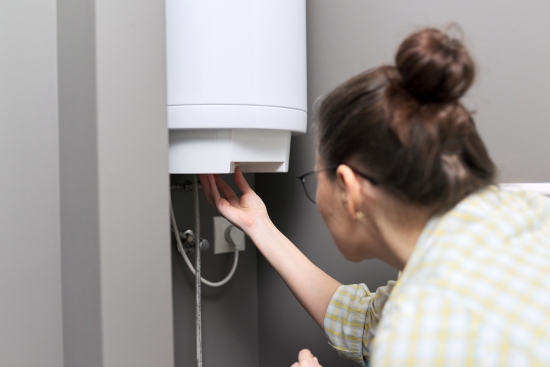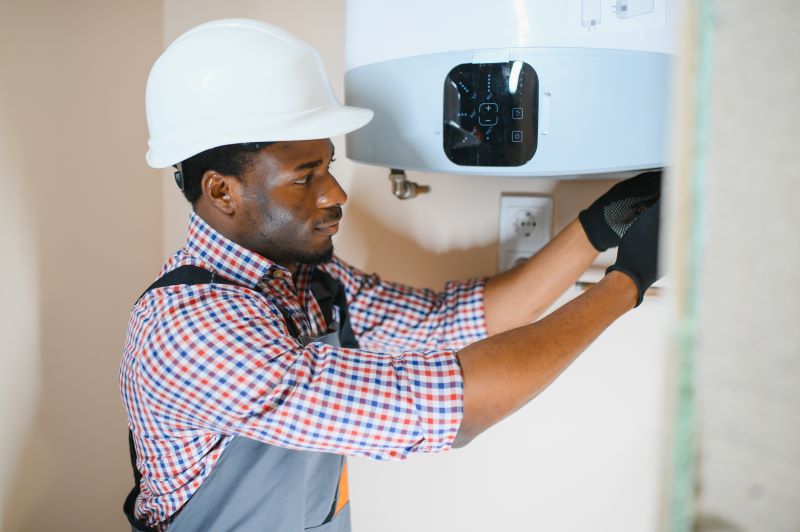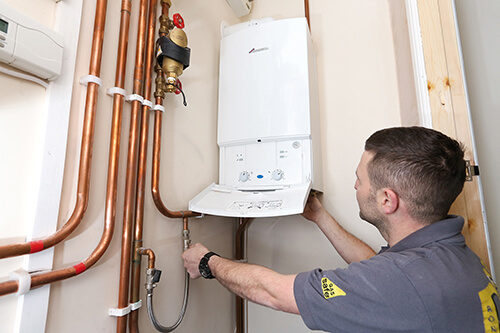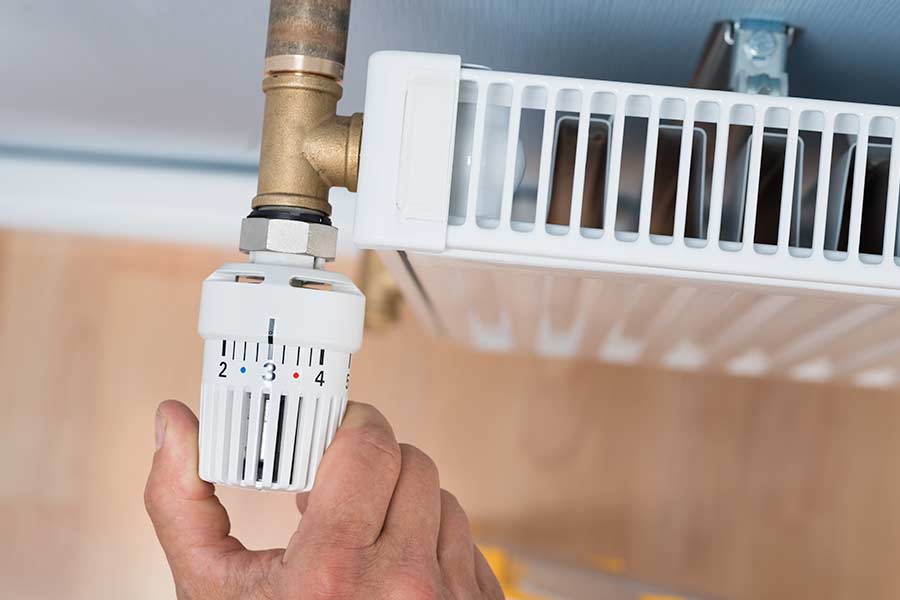A range of essential maintenance tasks are required to keep your Alpha boiler working efficiently.
Thank you for reading this post, don't forget to subscribe!Topping up your boiler is one of these, ensuring your boiler is heating your home and water effectively.
Over time, boilers can lose pressure, causing them to function less efficiently.
In some cases, they may stop working altogether.
Knowing how to top up pressure on Alpha boiler systems is critical to ensure your heating and hot water is fit-for-purpose, safe, and reliable.
A drop in heating performance, error codes on the display, or a pressure gauge with a reading below the recommended level can all be signs of low pressure.
How do you check your boiler’s pressure to identify when it needs topping up, and what’s the process to follow?
What should your boiler pressure be?
For most domestic heating systems, the ideal boiler pressure will typically fall between 1.0 and 1.5 bar when the system is cold.
Keeping the boiler pressure within this range should ensure that it operates effectively and efficiently.
As the system warms up when the heating is on, the pressure may rise slightly. However, it should not exceed 2.0 bar.
If the pressure drops below 1.0 bar, then your boiler will not operate efficiently, and in some cases may shut down altogether.
It’s important to regularly check your boiler’s pressure gauge, and top it up if necessary to ensure it works as it should and to avoid potential problems.
If you find that your boiler is frequently losing pressure, then it can indicate there is a leak or a fault.
In both cases, you’re likely to need a Gas Safe engineer to safely rectify the problem.
Why is my Alpha boiler losing pressure?
If your Alpha boiler keeps losing pressure, it can have a number of causes.
The most common reason for a pressure drop is a leak somewhere in the system. This might be in the pipes, the radiators, or even the boiler itself. A minor leak may go undetected and slowly cause the pressure to drop over time.
In some instances, a faulty pressure valve may not be sealing properly. As a result, water is able to escape. Any air trapped in the system can create air pockets that disrupt the normal water flow and cause the pressure to drop.
Broken or worn-out seals in the boiler’s internal component, or a faulty filling loop may also result in pressure loss.
If topping up the water in the system doesn’t resolve the issue, or if the pressure carries on dropping, then a qualified Gas Safe engineer should be contacted to investigate further.
Can I fix boiler pressure myself?
In many cases, it’s possible to rectify a boiler pressure problem yourself.
If the pressure on an Alpha boiler is low, then using a filling loop can add water back into the system, raising the pressure to the ideal range between 1.0 to 1.5 bar.
The filling loop is a small valve or flexible hose that connects the mains water supply to the boiler.
An essential part of knowing how to top up an Alpha boiler system is the correct safety precautions to follow.
Importantly, if you find the pressure is still dropping or that topping up the water hasn’t addressed the problem, then we recommend that you contact an engineer to investigate what’s happening.
How do I increase the pressure on my Alpha boiler?
Understanding how to top up an Alpha boiler system can ensure that your heating and hot water operates as efficiently as possible.
First, you’ll need to identify the filling loop that connects your boiler to the mains water supply. This will usually have a valve on the boiler and valve on the pipework.
You’ll then need to turn off your boiler and wait for it to cool.
Once you’ve done this, you can slowly open both valves on the filling loop to allow more water to enter the system.
Your pressure gauge should then start to slowly rise as the pressure increases. Once it’s reached between 1.0 and 1.5 bar, both valves can be closed.
How to resolve high pressure
While understanding how to top up an Alpha boiler system to address low pressure is crucial, high pressure can also be a problem.
If the pressure gauge on your boiler has reached above 2.0 bar and is remaining there, then you’ll need to reduce the pressure in your system.
The easiest way to reduce the pressure in the system is by bleeding your radiators, beginning with the radiator located the farthest from the boiler.
Using a radiator key, open the valve slightly to allow any trapped air to escape. This should help to reduce the pressure, but if it doesn’t you may need to drain some water from the system using a drain valve.
This can typically be found at the bottom of the boiler or on the pipework. You should always make sure that the boiler is switched off and has had a chance to cool down.
In some instances, higher pressure is caused by a filling loop valve that has been left open slightly after the last time the system was topped up.
If none of these methods solve the problem, there may be a faulty pressure relief valve or expansion vessel, which needs attention from a professional.
When should you call an expert for help?
If the pressure on your boiler keeps dropping despite it being topped up, or if high pressure can’t be resolved through basic maintenance such as bleeding the radiators, then it might indicate there is a more serious problem with the boiler.
A qualified gas and heating engineer will be able to identify and rectify the problem to ensure your boiler is efficient, reliable, and safe.
Trusted boiler servicing and maintenance from Bumblebee Plumbing & Heating
If your boiler breaks down, then you need professional help on hand as quickly as possible.
The trusted team at Bumblebee Plumbing & Heating provides fast effective repair of domestic and commercial boilers across the North West of England.
To keep your boiler working efficiently for longer, we provide bespoke service and maintenance plans that fully meet your needs.
Don’t risk a boiler breakdown, get in touch with Bumblebee Plumbing & Heating today!
Call us on 01925 713293 or email us at hello@bumblebeeheating.co.uk to find out more.




